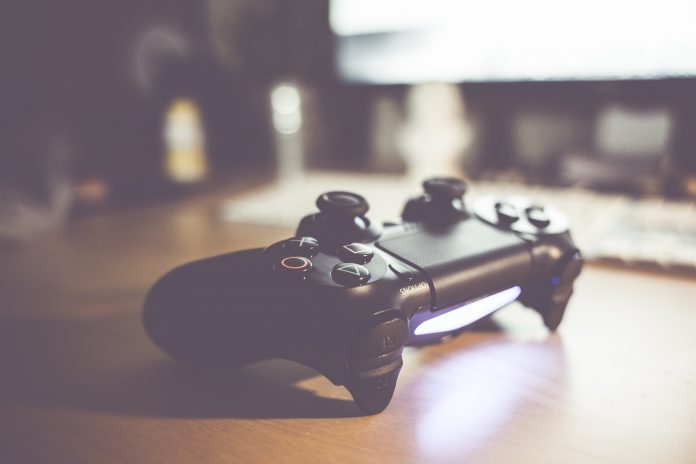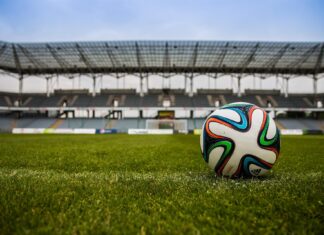
From LAN to Online
The pandemic has brought unique challenges to every industry, and esports has faced its share. Just as with traditional sports, tournaments have had to be cancelled for a number of high profile events, including in Counter-Strike: Global Offensive, Apex Legends and FIFA 20, with numerous LAN (offline) leagues being disrupted.
However, although there have been cancellations, the ability of esports to transition competitive play from an offline to online environment has allowed it to adapt quickly. So, whereas viewers once flocked to stadiums and arenas to watch esports tournaments and league matches, these events have instead been going ahead with viewers simply tuning in from the comfort of their homes. Overwatch League, Call of Duty League and the League of Legends European Championships have all played games remotely; and several tournaments have been scheduled to be online-only including the ESL One DotA 2 tournament that was due to be held in Birmingham at the end of May.
These types of events bring their own technical, commercial and legal challenges to overcome. For example, as travel restrictions have come into force, offline esport competitions have had to adapt by splitting global events into regional divisions to avoid latency issues. Production for these events often has to be rebuilt from the ground up and new tools introduced to make it seem like casters and pundits are working in the same location. Commercially, although there will inevitably be lost revenue from ticket and merchandise sales at physical events, these losses can be mitigated to an extent by continuing online events and leagues, with viewership boosts and mainstream television exposure providing opportunities for sponsors and broadcasters.
From a legal perspective, a key consideration in the wake of COVID-19 is the contractual position that event organisers, teams, broadcasters and sponsors are put in where there is a postponement or cancellation of an event, or where it moves from offline to online. In particular, a lot of attention has been paid to the implications of such circumstances on ‘force majeure’ clauses (and see our materials here on the contractual implications of COVID-19 on the media, entertainment and sport sector more broadly); and of course cancelling tickets for live events can raise tricky consumer law issues (particularly within the EU).
How are traditional sports adapting to COVID-19?
Part of the recent success of esports has been built on lessons learned from traditional sports, such as how to build commercial programmes to extract maximum value for rights holders. But now we are seeing traditional sports look to esports for inspiration. Having had early success with its own esports competitions, F1 has staged Virtual Grand Prix in which current F1 drivers and other celebrities race around simulated ‘real-life’ tracks in-game every weekend. The first few events were widely regarded as a success, with the first event (the Bahrain Virtual Grand Prix) being broadcast on ESPN2 as a part of their ’12 hours of esports’ broadcast, and attracting nearly 2 million views on YouTube. Players from the Premier League also took to FIFA 20 to compete in the ‘ePremier League Invitational’ from 21 to 25 April with nearly 400,000 people watching Diogo Jota scoring the winning golden goal against Trent Alexander-Arnold in the final on YouTube. In Tennis, ATP Tour has organised the ‘Mutua Madrid Open Virtual Pro’ which consists of two tournaments (split between men and women) each with a prize of 150,000 euros which will be distributed to lower ranked players who are struggling financially during the pandemic.
Even where there is no video game equivalent, other sporting events are being replaced by ‘virtual’ counterparts. Most notably the Virtual Grand National was hosted on ITV in early April to replace one of the UK’s major horse races. The event boasted an average audience of 4.3 million viewers (nearly half of last year’s viewership for the ‘real’ Grand National), and raised £2.6 million for NHS charities.
Other formats have also been experimenting with virtual events such as the music festival Burning Man 2020 and Microsoft’s annual Build developer event, which have both taken on new life as ‘virtual’ events rather than being cancelled or postponed.
What does the landscape look like for esports when COVID-19 settles?
The COVID-19 pandemic has brought with it significant challenges and forced companies in the digital media space to innovate and adapt to these extraordinary circumstances quickly. In addition, the absence of live traditional sport and entertainment has shone a light on esports and its versatility. Esports has a large and fast-growing fan-base, which has continued to be served with top quality content throughout this crisis. As a result, and looking longer term, it could well be that the end of the crisis will bring with it yet further attention from broadcasters, sponsors and the world of traditional sports.









